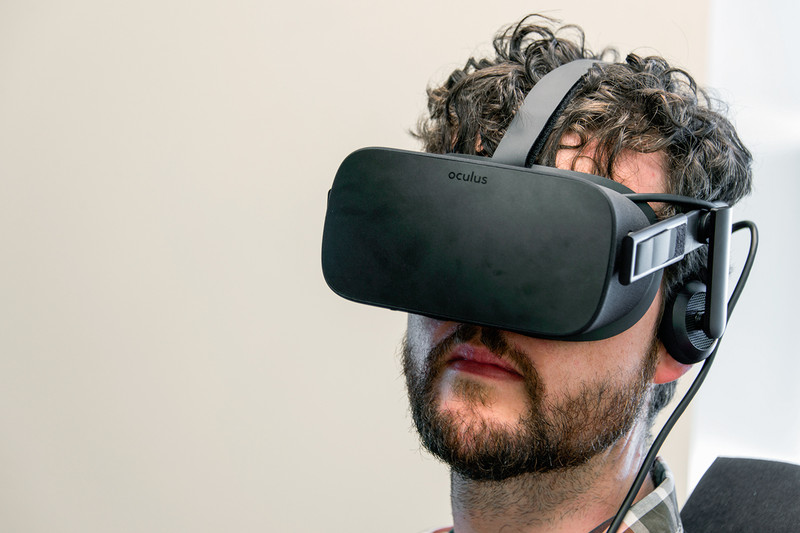CEO of Facebook’s virtual reality company Oculus, Brendan Iribe, wrote in a recent blog post that he would be stepping down from his position at the helm of Oculus and heading a new division focused on PC-based virtual reality within the same company.
Also revealed were details about a new mobile VR unit that will be headed by Jon Thomason.
The splitting up of Oculus into two device-oriented VR groups is a significant move from Facebook, Oculus’ parent company. Mobile VR is intended for smartphones, and typically involves docking a VR-capable smartphone into a headset to achieve a virtual reality experience. PC-based VR is arguably more resource-hungry, and requires that a desktop or laptop PC be connected to provide the processing power needed.
This divergence has given rise to parallel developments in virtual reality, with independent mobile apps that provide a platform for the smartphone version.
Earlier this year Oculus started shipping out the Oculus Rift, a much awaited VR headset that retails for $499. Among its market competitors are the HTC Vive and Sony’s PlayStation VR, with manufacturers already offering supported devices for Windows 10 and iOS, in addition to the Android mobile operating system.
Oculus is currently working on a low-cost headset that does not have to be tethered to either a PC or a gaming console. The emergence of such standalone devices that can handle the processing resources typically required by VR applications is still in its nascent stages, which is one reason why mobile VR is becoming increasingly popular. The fact that they’re usually cheaper than full-fledged VR/AR systems like Microsoft’s HoloLens also helps.
SEE: Is Microsoft HoloLens a Tesla Roadster or a Google Glass?
VR headsets might not yet be mainstream products because of their prohibitive cost and the current limitations on pureplay VR content, but at least mobile VR has made it possible to convert videos and movies into VR-viewable content.
True augmented reality (AR) can only come with PC-based systems, but the tech itself is evolving at a rapid pace so it could become available to the masses much sooner than experts currently predict.
The only downside to this is that, similar to the divergence of mobile operating systems from desktop OSes, we could see a growing dichotomy between mobile VR and desktop VR environments – including apps and content – before the gap is eventually bridged.
Oculus cleaving itself into a mobile VR and a PC VR twin structure is a sign of that widening gap, and that gap will only keep widening until somebody comes along to merge the two. If that ever happens, it will be a key milestone in VR technology.
Thanks for reading our work! Please bookmark 1redDrop.com to keep tabs on the hottest, most happening tech and business news from around the world. On Apple News, please favorite the 1redDrop channel to get us in your news feed.



